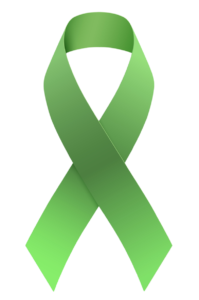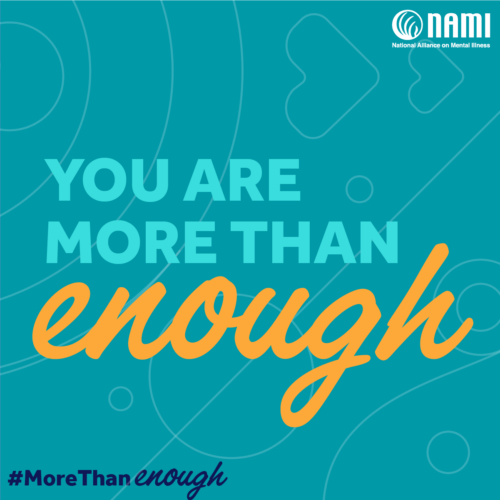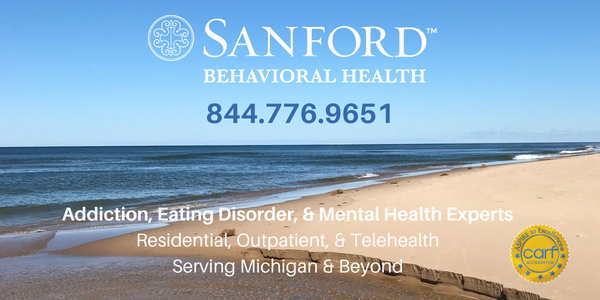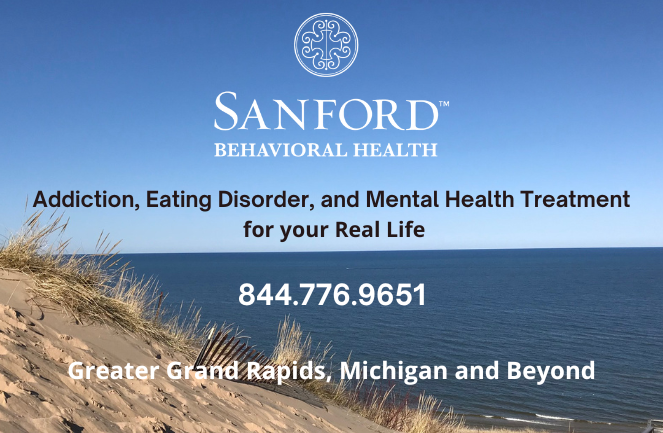Mental Health Awareness Month – Join the Community

Open up and share your story #morethanenough
May is Mental Health Awareness Month, the time to bring attention to mental health and its importance to overall health and well-being. At the same time, we are also experiencing a mental health crisis in the United States. In a new Surgeon General’s Advisory, Dr. Murthy raises the alarm about the impact of loneliness and isolation on mental and physical health. What can each one of us do? Join the community! The National Alliance on Mental Health says, “Fight stigma, provide support to those in need, educate, and advocate for policies that support the millions of people in the U.S. affected by mental illness.”
Mental Health Awareness – 7 Ways to Do Your Part

1. Awareness Starts With YOU
Start by taking a moment to recognize how you are feeling and how important your mental well-being is. Then, vow to be a mental health advocate for yourself! The World Health Organization says, “Mental health is a state of well-being in which an individual realizes his or her abilities, can cope with the normal stresses of life, can work productively, and can contribute to his or her community.” Mental wellness is critical to navigating the slings and arrows of living in 2023!
2. Talk, Talk, and More Talk
Talk with everyone you know about how they are doing. Listen to their answers and provide resources or encourage them to seek professional help if they show signs of depression or stress. Open up and share your story if you are struggling or have struggled with a mental illness. Hearing that another person is going through a similar experience can relieve fear and serve as a catalyst for seeking help,
“Talk, talk, talk about it! There is still such a stigma associated with mental health disorders. The struggle with shame and vulnerability can hinder getting help, especially with men. We have a saying at Sanford – you can’t pour from an empty cup. And as caregivers, women tend to prioritize others before themselves, which prevents them from getting help. Shining a light on the subject can motivate people to seek the care they need and stop self-medication.” Katie Vokes, Vice President & Chief Operating Officer, Sanford Behavioral Health
3. Watch Your Language – Words Have Power!
Encourage person-first language. Likewise, when you hear someone using disparaging terms to refer to a mental illness (or read it on social media), politely point out that words have power. Any language that reinforces stigma may prevent someone from getting the needed help.
“An eating disorder is not someone’s identity; it does not define them. People don’t walk around and say, ‘I am diabetes. I am heart disease.’ Suppose we emphasize the eating disorder diagnosis. In that case, we are taking a person who already struggles with acknowledging the facets of their identity (which are multi-dimensional and wonderful) and making them small and confined to their eating disorder.” Dr. Anna Flores, DCN, Program Director Eating Disorders, Sanford Behavioral Health
4. Educate – Wear the Green Ribbon
Please educate yourself/your organization about mental health conditions and share your knowledge. There is a misunderstanding about mental illness, but excellent resources are available. Make mental health awareness a topic of discussion in your book club, walking group, community organization, school PTA, or church. Wear the green ribbon and prepare your answer to the question, “What is mental health awareness month about?”
5. Build Community and Personal Partnerships – You are More Than Enough
This year’s Mental Health, Awareness Month theme is “More than Enough.” At Sanford Behavioral Health, we recognize the unique qualities in every team member. The pandemic introduced us all to social isolation and its ill effects. Therefore, it is essential to develop healthy coping mechanisms. Acknowledging loneliness, reaching out and connecting with others, getting out of doors, and developing enthusiastic interests are all ways of dealing with isolation. We pledge “to come together and remember the inherent value we each hold — no matter our diagnosis, appearance, socioeconomic status, background or ability.”
6. Use Social Media for GOOD
Social media can be a slippery slope, no matter how good your intentions. Table your anger at a comment that undermines your righteous quest, rise above it, and state your case with integrity. Social media is an excellent way to reach a wide-ranging audience you would not otherwise be able to gain.
7. Sleep, Eat, Commune
The Mental State of the World Report 2020 identifies three lifestyle factors that impact well-being. Those factors are sleep, social interaction, and exercise. So tell it to the world! Remembering to prioritize sleep, our best relationships, and our physical health will go a long way to improve our mental health – now and long into the future.

Mental Health Awareness Month – #morethanenough
Mental Health Awareness Month is the time to discuss mental health conditions such as depression, anxiety, and suicide. Whether as part of an organization or on your own, efforts to shine a light on the subject can be effective. Every conversation you have, every social media post, and every time you politely defend recognizing and treating mental illness creates a ripple effect that extends far beyond your immediate circle.
Join The #MoreThanEnough Campaign
“Throughout the month, we invite you to share with us on social media why you are more than enough by tagging us (@NAMICommunicate) and using our hashtag #MoreThanEnough. Feel free also to bookmark the NAMI webpage, as we’ll be adding more resources and ways to get involved as the month gets closer.” NAMI Mental Health Awareness Month.




